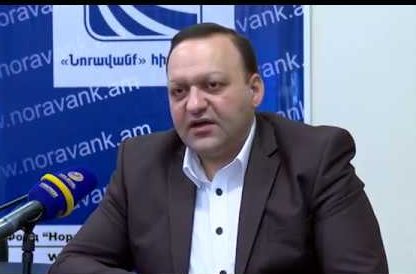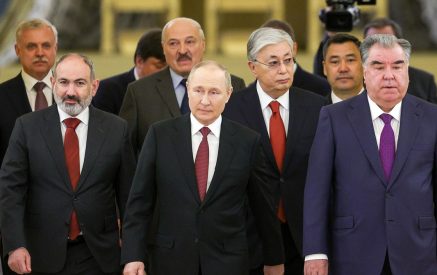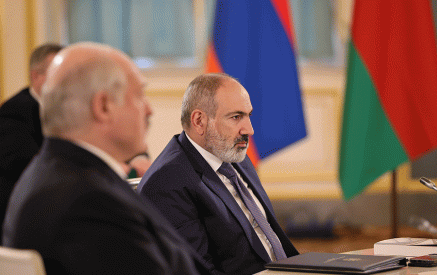The Collective Security Treaty Organization, despite all its problems and weaknesses, has remained for decades the only regional instrument for ensuring military-political security in the region. However, the CSTO is still in the development stage, it needs improvement. This is the opinion of Roman Karapetyan, Associate Professor of Yerevan State University’s Faculty of International Relations and Diplomacy.
“Therefore, the task of the member states is to show a collective will to fill the existing gaps and to further develop the security tools of the system. In this regard, it is necessary to develop an open dialogue, to clearly assess the main issues,” Roman Karapetyan said during the discussion on “The present and future of the CSTO: The 30th anniversary of the CSTO Treaty and the 20th anniversary of the establishment of the organization” organized by the Center for Russian Studies of YSU Faculty of International Relations, the Integration and Development organization, and the Eurasian Expert Club.
Regarding Armenia’s membership in the CSTO, the speaker noted that our country is trying to build its security policy on the basis of several key components. “Of course, Armenia, like some CSTO member states, is also a member of the OSCE, but this is just an additional mechanism for building the country’s security. The OSCE does not have the main attribute typical of a collective security model: the existence of an automated mutual assistance system.”
By its description, however, the stability and efficiency of the CSTO systems become highly measurable in crisis situations. “In recent years, we have witnessed many similar situations, both in the external security environment created around one of the CSTO member states and in the form of challenges within the CSTO, the second Karabakh war, the tense situation on the Armenian-Azerbaijani border. It still exists, which gives food for thought. We can not ignore the crisis situation in Central Asia over the past year. This can be evaluated from two positions. The first is the conflict between the two CSTO member states, which managed to freeze over time, but we can assume that the situation has the potential to recur. Second, it is necessary to create mechanisms that will exclude such problems between the member states of the treaty. It is about creating possible preconditions both in terms of prestige and the further development of the alliance. The main weakness of the CSTO is the weakness of the existing mechanisms of bilateral cooperation between the member states. If we try to consider the organization as a geometric body, it will be a pyramid, the corners of which are not attached to each other. At the top of the pyramid is the Russian Federation, which actively cooperates in all three areas: Eastern Europe, the South Caucasus and Central Asia. However, there is little or no cooperation between the three corners. Therefore, first of all, it is necessary to develop the threads of cooperation between Armenia, Belarus, and the countries of Central Asia.”
Read also
The speaker also considers important the development of restraint-prevention mechanisms. In this regard, the joint rapid reaction forces of the Armed Forces can be of great importance. However, Armenia has some difficulties in this issue, also related to the geographical factor, as the lack of a common border with the member states of the organization often creates certain difficulties. “But these problems can certainly be overcome.”
The historian sees another urgent issue in the CSTO – it is the policy of the member states in matters related to mutual national-state interests. From the point of view of the development of allied thinking, he considers it very important that the member states of the organization act as supporters of each other in the international arena, and the formation of an atmosphere of mutual trust in the organization can lead to greater consistency in issues of mutual interest. “I am confident that consistent work on these issues will only contribute to the strengthening and development of the organization.”
Nelly Grigoryan























































